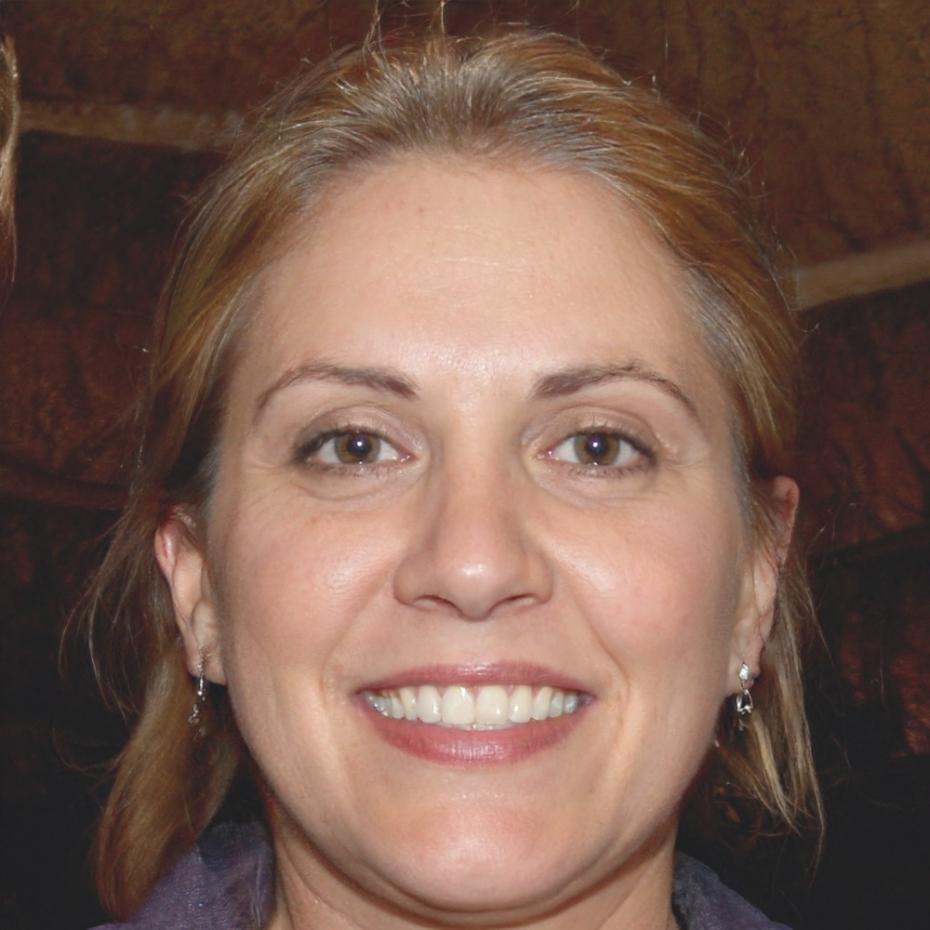Financial Planning Questions Answered
Real answers from Australian financial planning experts who understand the complexities of building lasting wealth and security


Common Financial Planning Concerns
-
How much should I save for retirement?Depends on lifestyle goals and current age
-
When should I start investing in property?Market timing and personal readiness factors
-
What about emergency funds?Australian-specific considerations and amounts
-
How do I handle debt while saving?Balancing priorities and interest rates
-
Should I use super for home deposits?First Home Super Saver Scheme details
Detailed Financial Guidance
What's a realistic retirement savings target for someone starting at 35?
Starting at 35 gives you about 30 years until traditional retirement age. Most financial planners suggest aiming for 10-12 times your annual salary by age 65. But here's what I tell my clients - this number varies dramatically based on whether you'll own your home outright, what lifestyle you want, and how much you expect from the Age Pension.
If you're earning $80,000 now and want to maintain similar purchasing power in retirement, you might need $800,000 to $1 million in today's dollars. Factor in your super, which could be contributing significantly through compound growth over three decades. The key is starting with what you can manage now and increasing contributions as your salary grows.
How do emergency funds work with current Australian interest rates?
Emergency funds aren't about earning returns - they're about access and security. With interest rates where they are in 2025, you might earn 4-5% in a high-yield savings account, which at least keeps pace with some inflation.
I recommend 3-6 months of expenses in readily accessible accounts. Some clients split this between a transaction account for immediate needs and term deposits for the bulk. The peace of mind from having this buffer often outweighs any opportunity cost from not investing that money elsewhere.
Should I prioritise paying off my mortgage or investing in shares?
This depends on your mortgage rate versus expected investment returns, but there's more to consider. Paying off your mortgage gives you a guaranteed return equal to your interest rate - currently around 6-7% for many Australians. Investment returns are never guaranteed.
That said, some clients benefit from a balanced approach. Make regular mortgage payments, maybe add a bit extra to principal, but also contribute to investments that can grow over time. The tax advantages of investing through super make this particularly attractive for higher income earners.
What's the real story with the First Home Super Saver Scheme?
The FHSSS lets you save up to $50,000 for a first home through voluntary super contributions, then withdraw it with associated earnings. The appeal is getting taxed at 15% instead of your marginal rate on those contributions.
But remember - once money goes into super, it's invested according to your super fund's options, so returns aren't guaranteed. You also need to apply to withdraw at least 20 business days before settlement. It works well for people who can make extra contributions and want the tax benefit, but don't expect it to solve housing affordability on its own.

Need Personal Financial Guidance?
Our specialists handle questions that don't fit standard categories. Every financial situation has unique elements that deserve individual attention.